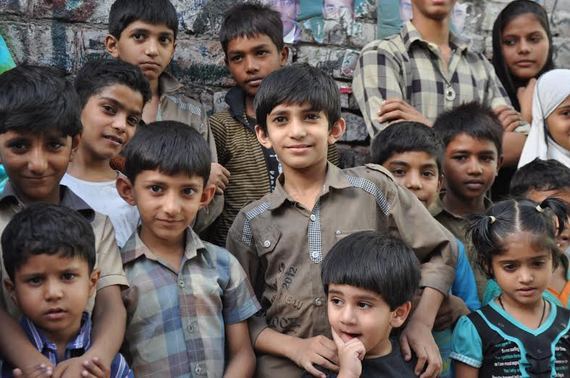It does not work by means of abortion, has no effect on future fertility, does not increase risk of diseases like cancer or stroke, and will not harm a fetus or cause birth defects if a woman already happens to be pregnant. Yet, while the conventional 21 to 28 day contraceptive pill has found a degree of acceptance in Pakistan and most developing countries, the ECP (Emergency Contraceptive Pill) continues to be shadowed by myths.
Most people still confuse it for something that terminates a potential pregnancy, and thus confuse it with abortion. The facts could not be further from the truth. It is ironic that in Pakistan a lot of people avoid the ECP thinking that it translates into an abortion. Out of the 2.4 million unwanted pregnancies in Pakistan in 2002, some 900,000 were terminated by induced abortions (Studies in Family Planning 2007). These unsafe abortions that often claim the woman's life due to resulting complications can be avoided with the use of an ECP.
This method of contraception can be used after unprotected sex when another form of contraception is unavailable or has failed. It can be used to prevent pregnancy for up to 120 hours (five days) after. Again, it acts as a preemptive measure, and does not cause abortions. The sooner it is taken, the better is the efficacy.
Why choose ECPs in Pakistan?
In Pakistan, it is available over the counter and unlike many other countries where it is a pricey contraceptive choice, it is economical. And it is safe. What is needed, then, is a more aware understanding about this excellent option.
As concerned world leaders, philanthropists, media persons and health care persons came together for the fourth International Conference on Family Planning held in Bali, Indonesia, from 25 to 28 January, 2016, the ECP was discussed in depth. For the world's sixth most populous nation even if the registered number of Pakistani citizens is considered, which stands at 199,085,847 in July 2015, as per the CIA Fact book, understanding contraceptive methods is vital.
In Pakistan, many organizations and pharmaceuticals, including Green Star and Marie Stopes facilitate the availability of and understanding about the ECPs. A section on emergency contraception in the Manual of National Standards for Family Planning Services, a document developed by the Family Advancement for Life and Health (FALAH) project, includes the EC and related policy. While the document recognizes that there is a lack of awareness among health care providers regarding ECPs, it also mentions certain stipulations about when it should be used and who should prescribe or dispense it. The possibility of it being used without misconception or difficulty, then, depends on how aware both the users and the health care providers are.
Representatives of the International Consortium for Emergency Contraception (ICEC) shed light on the subject during the ICFP. In over 140 countries women can buy emergency contraception and the ECP is readily available over the counter in 60 countries including Pakistan.
When the ECP is the best choice - in rape and other cases
While using a regular, ongoing method is recommended as the most effective way to prevent a pregnancy, in certain cases the ECP is the better choice. In cases of rape, it makes perfect sense. In 2013, the 57th Session of the United Nations Commission on the Status of Women stated that all Member States must require first responders to include EC provision in post-rape care. The ECP, thus, needs to be included as a regular post-rape treatment.
But the usage of the ECP should not be limited to cases of rape. It is also ideal in cases where the couple may not have regular sexual activity.
Most importantly, it bails out the couple, and especially the woman, in case of an "accident". If she decides that this might not be the best time to have a child, the pill empowers her to use that discretion.
It is a safe, economical and effective method of contraception. It has very few side-effects and can be used more than once with the consultation of a doctor but should not be used as a regular contraceptive. To gain maximum benefits, people need to know more about what is often called the morning after pill. Above all, it need not be discussed in hushed tones. Contraception is a careful choice and Pakistanis need to make informed decisions regarding FP. Better to be more informed about the ECP and be safe than sorry.
